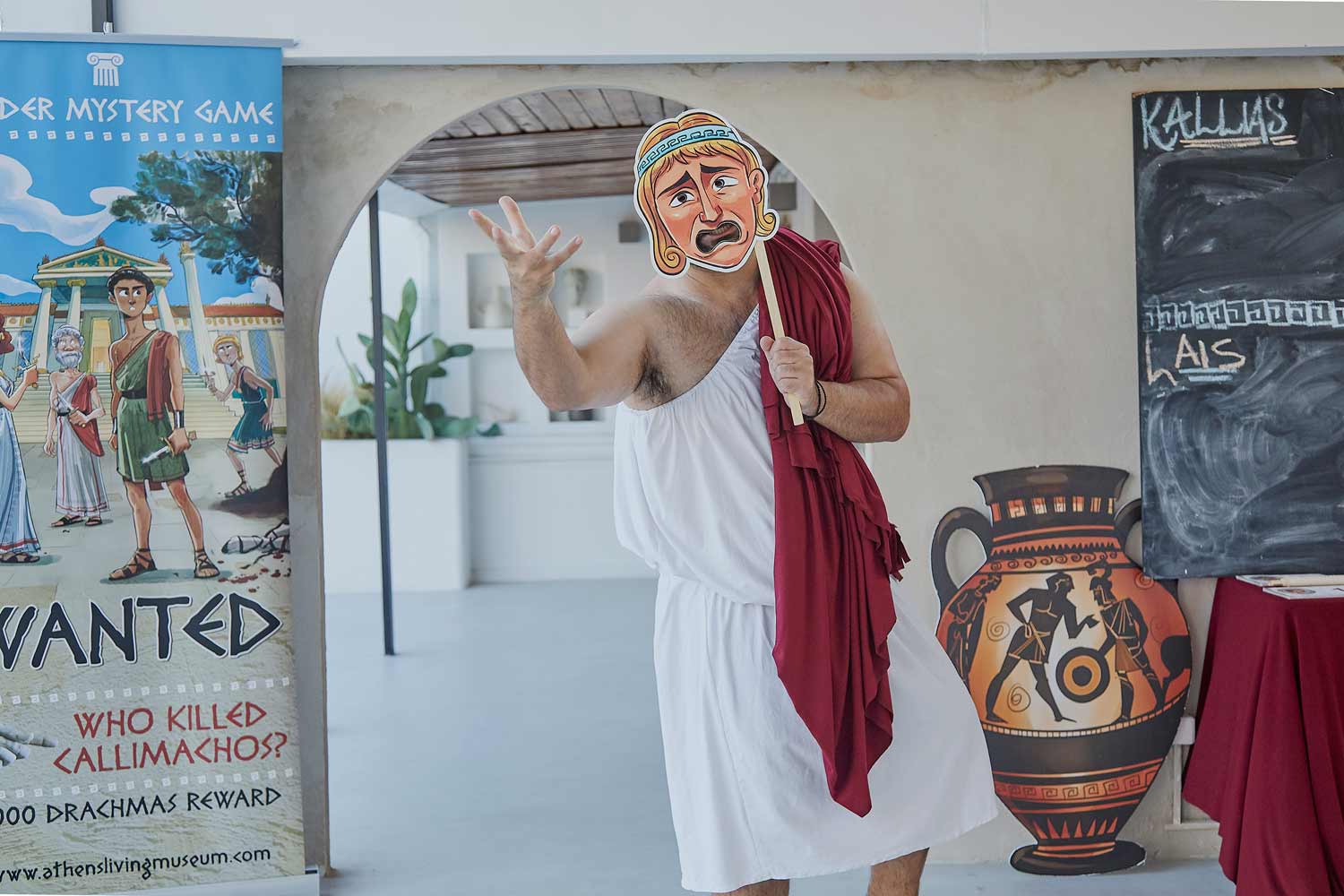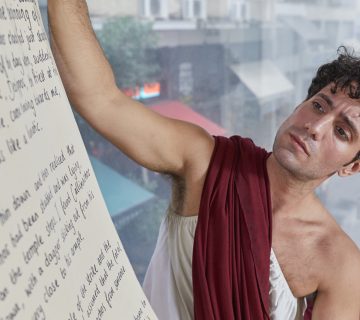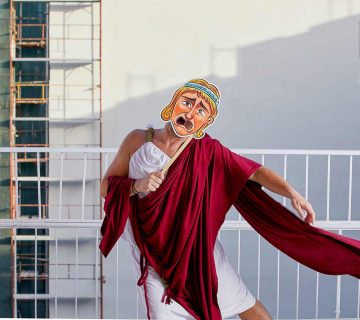Ancient Greek Theater
Greek theatre began in the 6th century BCE in Athens with the performance of tragedy plays at religious festivals. These, in turn, inspired the genre of Greek comedy plays. The two types of Greek drama would be hugely popular and performances spread around the Mediterranean and influenced Hellenistic and Roman theatre.
As a consequence of their lasting popularity, the works of such great playwrights as Sophocles, Euripides and Aristophanes formed the foundation upon which all modern theatre is based. In a similar way, the architecture of the ancient Greek theatre has continued to inspire the design of theatres today.
The Origins of Tragedy
The exact origins of tragedy (tragōida) are debated amongst scholars. Some have linked the rise of the genre to an earlier art form, the lyrical performance of epic poetry. Others suggest a strong link with the rituals performed in the worship of Dionysos such as the sacrifice of goats – a song ritual called trag-ōdia – and the wearing of masks. Indeed, Dionysos became known as the god of theatre and perhaps there is another connection – the drinking rites which resulted in the worshippers losing full control of their emotions and in effect becoming another person, much as actors (hupokritai) hope to do when performing. The music and dance of Dionysiac ritual was most evident in the role of the chorus and the music provided by an aulos player, but rhythmic elements were also preserved in the use of first, trochaic tetrameter and then iambic trimeter in the delivery of the spoken words.
A Tragedy Play
Plays were performed in an open-air theatre (theatron) with wonderful acoustics and seemingly open to all of the male populace (the presence of women is contested). From the mid-5th century BCE entrance was free. The plot of a tragedy was almost always inspired by episodes from Greek mythology, which we must remember were often a part of Greek religion. As a consequence of this serious subject matter, which often dealt with moral right and wrongs and tragic no-win dilemmas, violence was not permitted on the stage, and the death of a character had to be heard from offstage and not seen. Similarly, at least in the early stages of the genre, the poet could not make comments or political statements through his play.



